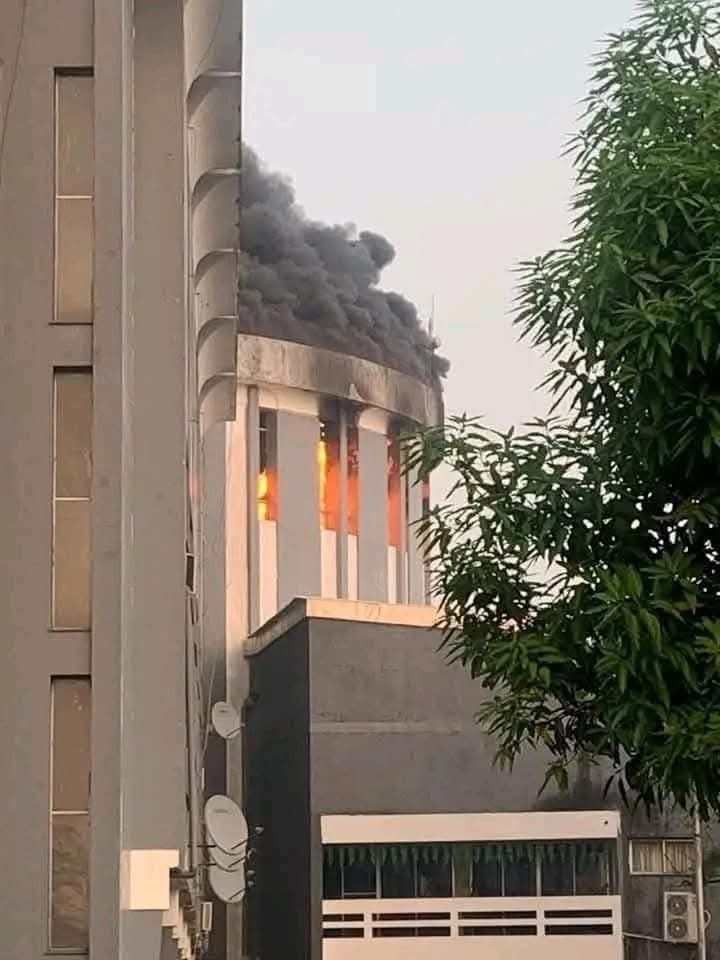Liberia, a nation rich in history and natural resources, continues to grapple with persistent poverty, hindered by economic stagnation, pervasive corruption, and inadequate infrastructure. These interconnected challenges stem from a recurring pattern of electing inept and self-serving leaders, a cycle that erodes national progress and undermines public trust in the democratic process. This pattern underscores a fundamental flaw in Liberia’s governance: the disconnect between the electorate’s choices and the nation’s needs.
Liberia’s political history has been marred by instability and mismanagement, from the dominance of the Americo-Liberian elite to the devastating civil wars that ravaged the nation. While post-war Liberia has witnessed democratic elections, many elected leaders have prioritized personal enrichment over national development, perpetuating the very corruption they pledged to eradicate. This betrayal of public trust has cultivated widespread disillusionment and apathy among voters, who feel trapped in a system that perpetuates exploitation and broken promises.
While the onus of responsibility lies heavily on the shoulders of political leaders, the electorate also plays a significant role in perpetuating this cycle. Several factors contribute to this pattern of electing unsuitable leaders. Tribalism and patronage often supersede merit and qualifications, with voters swayed by ethnic loyalties exploited by politicians. Poverty and the lure of short-term gains further exacerbate the issue, as voters prioritize immediate handouts over long-term national development. A lack of political education leaves the electorate vulnerable to manipulative rhetoric and empty promises, hindering their ability to make informed decisions.
The consequences of these leadership failures are starkly evident in Liberia’s underdeveloped state. Public services remain grossly inadequate, unemployment, especially among youth, persists at alarming rates, and corruption diverts crucial resources from essential infrastructure and development projects. This lack of accountability fosters a culture of impunity, where leaders operate without regard for the well-being of their constituents. Furthermore, Liberia’s international standing suffers due to its political instability and corruption, deterring foreign investment and hindering economic growth.
Breaking this destructive cycle requires a multifaceted approach involving both leaders and citizens. Investing in comprehensive civic education programs is crucial for empowering voters to make informed decisions based on merit and competence, rather than tribal affiliations or short-term gains. Strengthening democratic institutions, including electoral reforms, an independent judiciary, and robust anti-corruption agencies, is essential for promoting transparency and accountability within the political system. Shifting the focus from tribal and partisan politics to meritocracy, emphasizing competence and integrity, requires the active participation of civil society organizations and the media in scrutinizing candidates’ track records.
Engaging Liberia’s substantial youth population in the political process is vital for cultivating a new generation of visionary leaders. Youth-led initiatives and leadership development programs can empower young people to actively participate in shaping their nation’s future. Liberia’s potential remains untapped, but realizing this potential hinges on a fundamental shift in how leaders are chosen and how they govern. By prioritizing integrity, competence, and a shared vision for the future, Liberians can break free from the cycle of poor leadership and build a more prosperous and equitable society. The choice lies with the people to elect leaders who will serve the nation’s interests, not their own.














